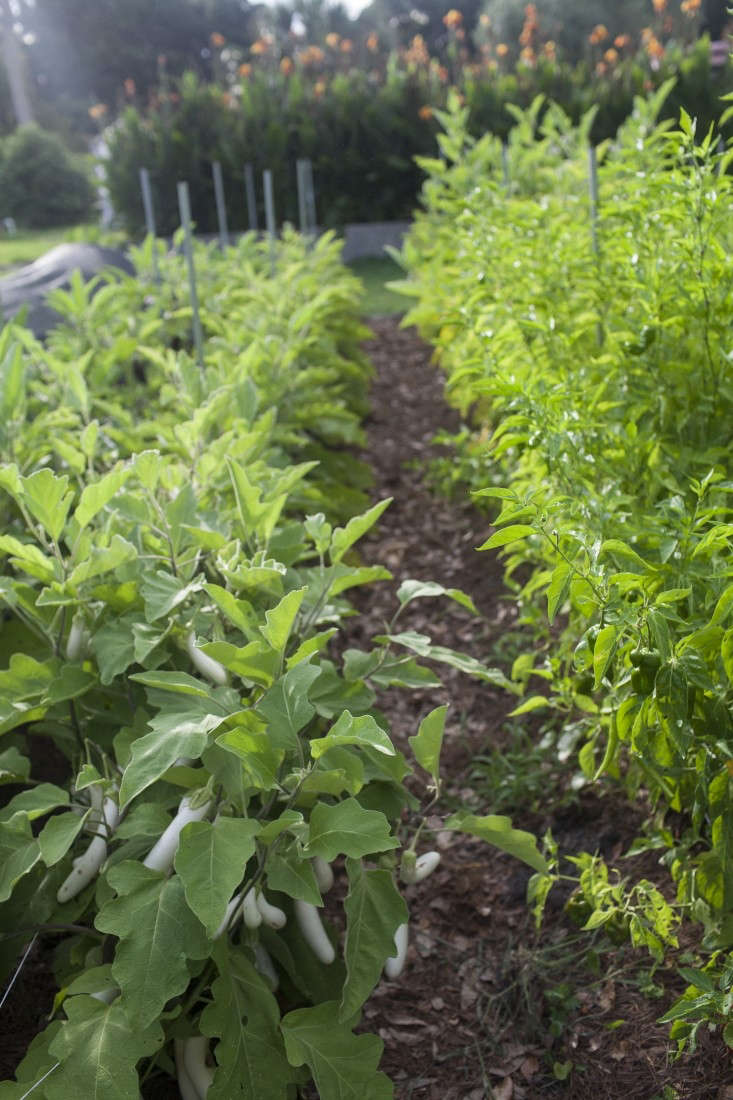Between my house and my neighbor’s stands a tall pine tree. I don’t particularly love evergreens, but I don’t mind this one as it stands conveniently in front of my second-floor master bath and affords some privacy. (I bet my neighbor is also grateful for its existence).
My first spring in the house, I thought I’d be neighborly and rake up all the pine needles that had fallen in the corridor between our houses. I was in the middle of doing just that when my neighbor bolted out of his front door and, as politely as he could, asked me just what I thought I was doing.
Did I realize, he wanted to know, that fallen pine needles make great mulch and can suppress weed growth? Did I realize, he inquired, that they’re acidic, which is good for the soil pH and my hydrangeas growing nearby?
No, I most definitely did not. Chastened, I spread the pine needles back where they belonged. But was he right about pine needles? Are they really a free miracle mulch material for your garden? Kind of—and not quite. Read on.
Why should you leave pine needles where they fall?

Pine needles, indeed, make for great mulch. They keep moisture locked in and soil temperature cooler in the summer and warmer in the winter. And unlike other types of mulch, they won’t need to be replaced very often as they are slow to decompose.
Furthermore, pine needles, once settled, won’t wash away in heavy rains; they’re, in fact, often used on slopes to help with soil erosion.
What are the disadvantages of using pine needles as mulch?

If you live in a region prone to wildfires, you should definitely rake up fallen pine needles, which are highly flammable. You should also reconsider if you live in an area that experiences high winds, as pine needles are lightweight and may blow away before they have a chance to settle into the ground.
Do they really make the soil more acidic?

In a word, no. It was once thought that because pine needles themselves are acidic, they would, in turn, lower the soil pH once they’ve fallen, but that’s just not true. While fresh, green pine needles tend to be on the acidic side, once they are on the ground, they start to neutralize. So feel free to mulch with pine needles even around plants that don’t love acidic soil.
Can you buy pine needles as mulch?
Yes. When used as mulch, it’s called pine straw. It’s cheaper than bark mulch, and you can buy it in bales from certain gardening centers.
For more on mulch, see:
- Your First Garden: What You Need to Know About Raking Leaves
- Landscaping 101: Mulch
- Straw Mulch, the Ultimate Winter Garden Blanket
N.B.: This post is an update; it was first published June 2019.









Have a Question or Comment About This Post?
Join the conversation